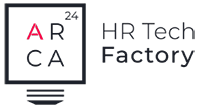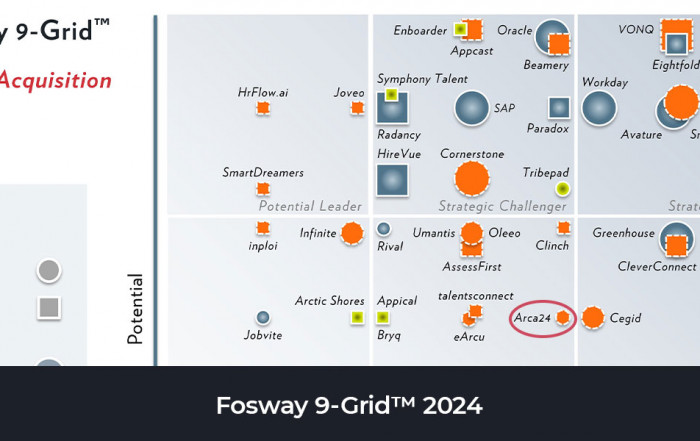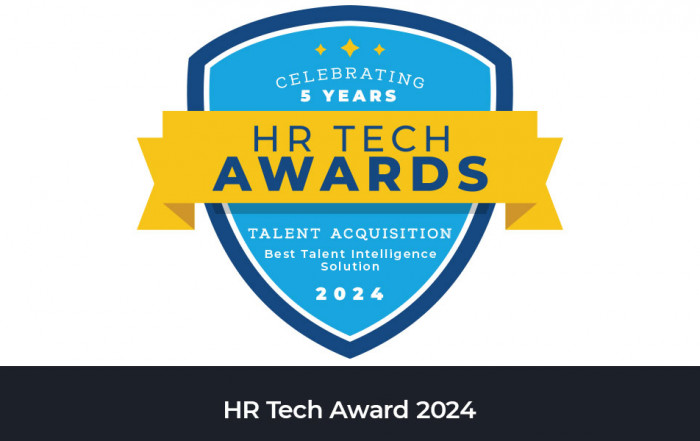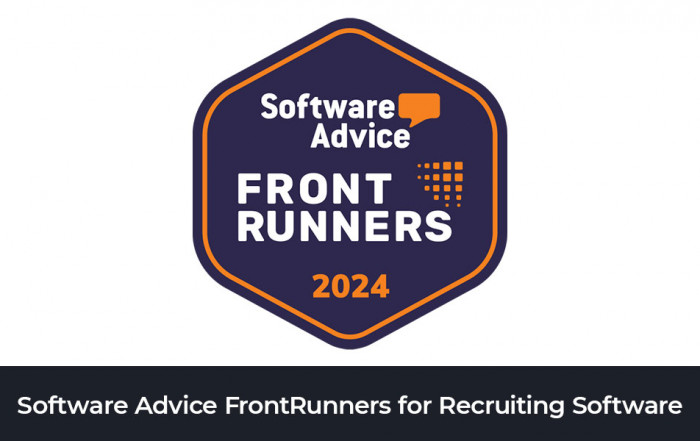All those strategies HR managers use to recruit and retain employees are constantly evolving, with new trends arising and growing each year. Keep up with these new trends has become quite essential to win the war for talent.
2019 shows a set of new challenges for human resources that will significantly impact on research and selection processes. Below we have outlined the five major HR trends of the current year:
Artificial Intelligence at the service of Human Resources
Artificial Intelligence ranked first. In the HR field, IA is able to analyze and manage data efficiently and effectively, enabling humans to value their own time in actions with high added-value. Therefore, the aim is that of making the machine interpreting the low value processes, such as pre-screening, automated semantic analysis of the CVs and the profiles in the database, as well as video interviews with candidates. Artificial Intelligence allow easing and automating the HR processes, enabling recruiters to concentrate on strategies and plans, employees on satisfying job tasks and companies on creating added-value.
Employee engagement
Employee engagement is a well-known topic of the last 5 years. Employee engagement is based on trust, integrity and a two-way communication between employer and employee. This approach positively affects the business success, by contributing to organizational and individual performances as well as to the employee’s productivity and wellbeing. As a result, many companies are currently concentrating on employee engagement, with the aim of valuing their talents and redesigning their working culture.
Wellbeing
People in look for a new working opportunity give particular importance to the benefits a company offers to the employees, identifying its guiding values. As a result, a balanced salary is with no doubts fundamental. However, nowadays people prefer a collaborative workplace that combines mental and emotional wellbeing. Career opportunities, company stability, positive relationships, high-quality organizations and workplaces are all crucial factors for employees, which affect their psychophysical wellbeing as well as their productivity at work. Indeed, unlike the salary, which is a purely transactional aspect, these factors are essential to retain the best talents.
Blind hiring
Hiring is a process that involves subjectivity and therefore sometimes it can be difficult to make a good decision while looking for new talented individuals. In this perspective, blind hiring is a new process that provides some anonymity and objectivity in recruitment, by avoiding discriminatory elements such as age, gender, ethnicity and even educational background. The aim of blind hiring is that of judging candidates based only on their demonstrated work and abilities. As a result, traditional resumes or CVs should be replaced by new hiring techniques and practices, which can help to make the process anonymous and to build a more diverse workplace.
Skills mapping & soft skills
Internal skills mapping will be fundamental in order to understand when a company can rely on internal professionalism and when it will be necessary to turn to the outside market. At the same time, skills mapping allows analyzing business performances, as well as identifying successful career paths for the internal resources. Soft skills are becoming more and more important as well, being preferable to the technical ones. Moreover, in 2019, training will play a significant role and companies can rely on it to enhance their employer branding and talent acquisition. Indeed, a good training within the organization can make a difference when hiring the best talent.
Fosway 9-Grid™ 2024: Arca24 reaffirms Core Challenger for Talent Acquisition
Fosway 9-Grid™ 2024: Arca24 reaffi [...]
Arca24 receives HR Tech award for best talent intelligence solution for third year in a row
Arca24 receives HR Tech award for [...]
Ngage earns Software Advice FrontRunners badge 2024
Ngage earns Software Advice FrontR [...]





